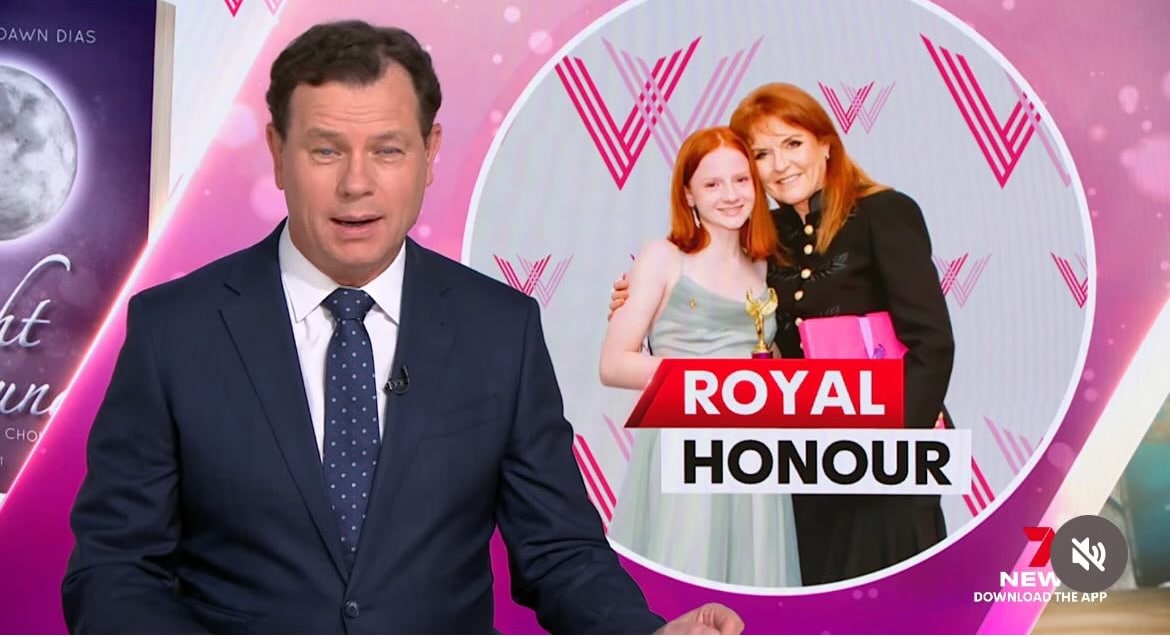In today's fast-paced business landscape, public relations (PR) has become an essential aspect of any successful marketing strategy. As the world becomes increasingly interconnected through digital media, the importance of PR in shaping a brand's image and reputation cannot be overstated. However, there are still misconceptions about what PR truly entails. In this article, we aim to shed light on what PR is not, emphasizing the crucial distinctions between PR and other promotional activities.
- PR is not Advertising
One of the primary misconceptions about PR is that it is synonymous with advertising. While both PR and advertising aim to promote a brand or message, they employ distinct strategies. Advertising involves paying for space or time to promote a specific message with full control over its content. On the other hand, PR involves gaining media coverage through compelling stories and pitches that journalists find newsworthy. Unlike advertising, PR does not involve direct payment for coverage, making it more credible and unbiased.
- PR is not an Advertorial
An advertorial is a hybrid content piece that combines editorial-style content with promotional messages. While advertorials are often paid for, they mimic the appearance of regular articles within a publication. PR content, on the other hand, is genuine editorial content generated by publicists and PR professionals. It relies on journalistic integrity and should be informative, objective, and engaging to capture the interest of readers without overtly pushing a sales pitch.
- PR is not a Live TV Sales Promotion
In the realm of live television, sales promotions and product demonstrations are common. These segments are often paid for by companies looking to directly promote their products. PR, however, operates differently. It involves reaching out to journalists and media outlets to secure coverage that presents a brand or business in a favorable light without direct monetary exchange. This organic approach allows for greater authenticity and trust from the audience.
- PR is not a Sponsored Post
In the digital age, sponsored posts have gained popularity as a form of influencer marketing. Brands pay influencers to promote their products or services on social media platforms. While sponsored posts can be effective for reaching specific audiences, they differ from PR in that they lack the objectivity associated with earned media coverage. PR focuses on cultivating relationships with journalists and editors to secure unbiased coverage based on the merits of the story or news angle.
- PR is Unpaid
A key distinction between PR and other promotional activities is that PR is generally unpaid. Businesses seek to earn media coverage based on the relevance and newsworthiness of their stories. However, small-business owners may choose to hire PR experts or agencies to implement effective PR campaigns on their behalf.
Public relations is a powerful tool for businesses to build credibility, shape their brand's image, and engage with their target audience. However, it is essential to recognize what PR is not to fully leverage its potential. PR is not advertising, advertorials, live TV sales promotions, or sponsored posts. Instead, it relies on organic media coverage, tailored pitches, and newsworthy stories to captivate audiences without overt sales tactics. By understanding the true nature of PR, businesses can effectively harness its benefits to establish a robust and authentic presence in the public eye.












